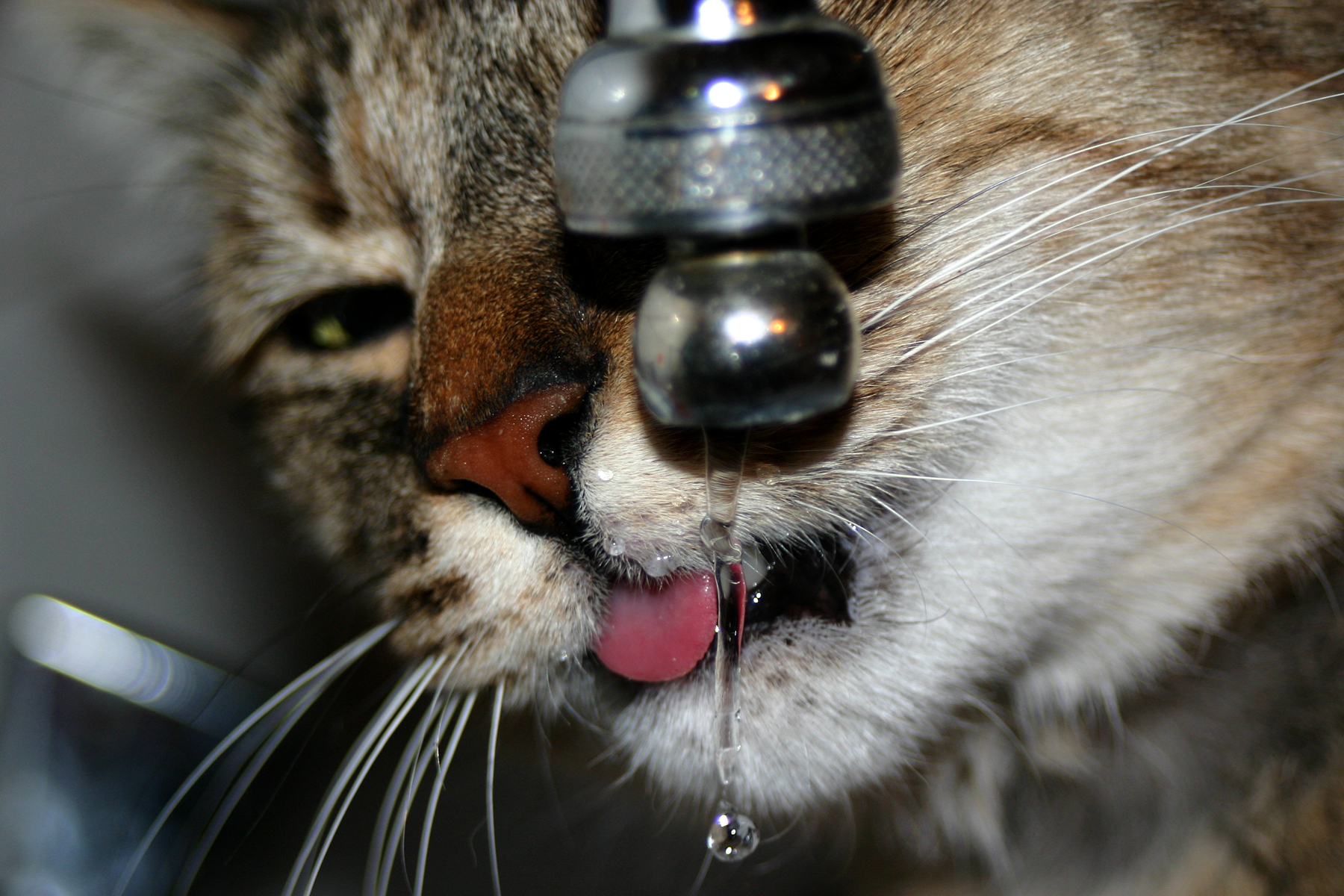Tag: blood
-

Don’t talk to clients about free T4 evaluations
—
by
We recently had an elderly cat that presented with typical signs of hyperthyroidism. However, as is sometimes the case, total T4 proved stubbornly normal on two estimations a couple of weeks apart. So we suggested it would be a good idea to send a blood to the lab for free T4 estimation – and you…
-
Check bile acid values in lethargic puppies
—
by
Have you ever had a puppy that just presents with lethargy, exercise intolerance and sleeps all the time? This is normal for my teenage daughters, but not so for a young Lhasa apso that presented to my surgery. Physical exam was unremarkable, but the dog was so sleepy we administered IV fluids to perk it up. Routine biochemistry…
-

Metabolic bone disease in rabbits
—
by
Metabolic bone disease is a common condition seen in almost all house rabbits with dental disease. The disease is similar to osteoporosis in humans, where there is lack of calcium in the bones. The actual disease is complex and many factors are involved. The three most important elements involved in metabolic bone disease are calcium, vitamin…
-

How to objectively assess dehydration
—
by
Four parameters can be measured to objectively assess dehydration. PCV and Total Protein should be interpreted together. An increase in both suggests fluid loss except that resulting from acute haemorrhage. Lactate. Hypoperfusion of tissue increases the concentration of lactate due to anaerobic metabolism of cells. A portable lactate meter quickly and cheaply measures blood lactate…
-

Blood testing for E cuniculi in rabbits
—
by
Antibodies to E cuniculi in rabbits can be detected on a blood test. Hence, a rabbit that has been infected by E cuniculi will produce antibodies that will produce a positive test. However, some rabbits appear to clear the infection completely and over time their blood test will become negative again. Have or have not Until…
-

Idiopathic head tremors in dogs
—
by
Idiopathic head tremors are common in young to middle aged dogs especially bulldogs, boxers and Labradors. There is often a familial component and the tremors can be triggered by: a recent painful event a temporary dip in blood glucose lowering of blood calcium allergens trauma nothing discernible at all It is easy to confuse the…
-

Phosphate levels in chronic kidney disease
—
by
The overall aim is to maintain the phosphate concentration in the lower end of normal range: <1.45mmol/l. IRIS (International Renal Interest Society) specify exact targets for each stage of CKD (two months post-start of treatment). CKD Stage 1: 0.81-1.20 CKD Stage 2: 0.81-1.45 CKD Stage 3: 0.81-1.61 CKD Stage 4: 0.81-1.94 For all cats with CKD,…
-
Ticarcillin as a treatment for Pseudomonas otitis
—
by
I suspect we have all come across that tricky Pseudomonas otitis case that just seem to refuse to completely respond to antibiotic therapy in spite of extensive investigation for underlying causes. I had just one such case recently that, in spite of culture and sensitivity, blood work, skin biopsy, extensive flushing, lack of response to…
-
Communication and memory
—
by
I often see new graduate workshops and tutorials advertised where the seminar leaders address the problems of communication. Similar events are offered to older codgers, too. I’ve been to a couple; the Veterinary Defence Society points out the majority of complaints it handles involve some form of breakdown in communication. The speakers often lay the blame squarely…
-
Aggression as an unusual presenting sign of hypothyroidism
—
by
I’ve not long come across a case of a middle-aged dog that had suddenly become unaccustomedly grumpy and started snapping at its poor owners. This was uncharacteristic, as it had no previous history of behavioural problems. There were no other obvious clinical signs – perhaps it had become lazy of late, but there was nothing to put your…